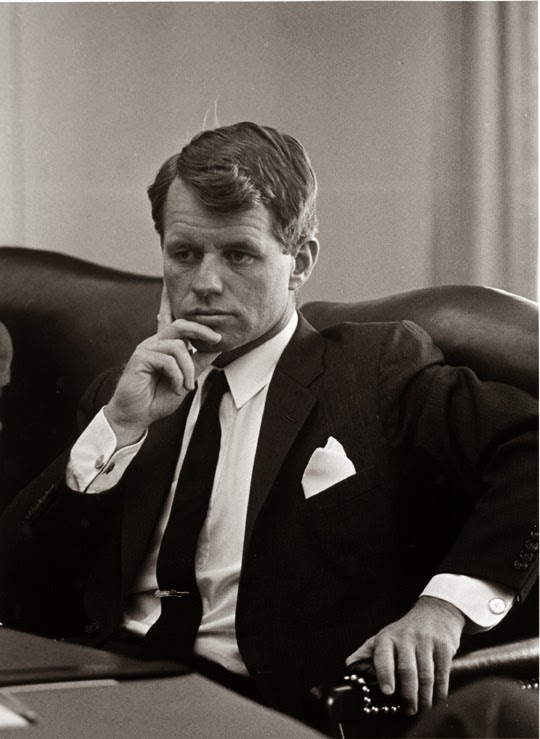 |
| Downtown Rochester, NY |
A
friend termed it “wonderfully counterintuitive” when we told him we were moving
from Florida to NY’s third largest city to semi-retire. Most people weren’t that polite. A more typical response was a Catch-22
inspired question, “are you crazy?”
The
truth is that 18 years in Florida left us burned out by the hot, sticky
weather, and with a sense that we never quite fit in.
We’ve
always had a connection to Rochester. My
wife and I met here when we worked at Citibank and we’ve traveled here for
summer vacations many times over the years, finally investing in a condo on
Canandaigua Lake a few years ago. Still
Rochester is not a logical choice for most and has its own array of good, bad
and ugly.
The Good
Rochester
is a college town with a highly educated populace and the entertainments that
educated north easterners enjoy — music, theatre, museums, outdoor sports and
dining.
Kodak
founder George Eastman wasn’t the city’s founder but he might as well have
been. He laid the groundwork for
technical manufacturing that continues to be a Rochester strength. He
established the Eastman School of Music, among the best music schools in the
country. His name adorns buildings at both of the major universities here and
his mansion – now a museum – anchors its swankiest street, East Avenue.
The
festival season kicked off last week with the Lilac Festival. Next month, the highlight will be the
Rochester International Jazz Festival.
Last year’s attendance approached 200K.
You don’t have to enjoy jazz to appreciate the festival or to appreciate
its significance. In a small city, an
event like RIJF wouldn’t exist were it not for a ready audience of people who
crave non-mainstream entertainment.
The
job engine of Rochester was The Big 3 (Kodak, Xerox and B&L). In the wake of their now diminished presence,
a very entrepreneurial culture has sprung up.
But,
the emotional connection springs from Rochester’s existence at the juncture of
Brooklyn wise-ass and Midwest nice.
Sarcasm is not mortal combat here; it’s just fun.
The Bad
If you know the
difference between latitude and longitude, you know the winters are bad
here. This one just ended was among the
worst with record setting, sub-zero temperatures. But, we have our consolations, too. I have considered proposing a new city motto,
“Rochester – No hurricanes, tornadoes, earthquakes, floods, drought, wildfires,
mud slides or dustbowl but Icy”. Whaddaya
think?
More than the weather,
taxes are at the top of the ‘Bad’ list.
New York has the highest tax burden of any state in the nation. We also have the highest debt per capita; so,
there’s little hope of relief in the foreseeable future.
The Ugly
When I worked
here in the last century, downtown Rochester was an energetic place. Citibank’s offices were located at State and
Main along the Genesee River. At lunchtime,
it bustled with be-suited bankers, lawyers and other professionals. There was a robust choice of upscale
restaurants. It was a cool place to hang
out.
That’s no longer
the case. The city feels hollow.
A local study now
rates Rochester as the fifth poorest city among the nation’s 75 largest. We
have the state’s second highest crime rate (Buffalo is slightly higher), more
than 3 times that of New York City.
Rochester is not
alone in this quagmire of poor neighborhoods, weak families, lousy schools and
lack of opportunity. It’s a national
problem. It’s not only a shame; it’s shameful for a nation of so much wealth.
The programs
implemented and promoted by liberals for the last 50 years have not worked. But,
it’s worse that conservatives seem to be in denial. To say that everyone should succeed on their
own merits ignores the lack of equal opportunity among our urban poor.
Rochester’s city
school system has been ranked worst in the state and, to make matters worse,
the state’s best (in Pittsford) is only a few miles away.
Local efforts
among the non-profit community have shown some progress. National organizations
like the Urban League are active here.
And, there is also an active charter school movement in the city. By September, the city will have 14 of them.
But, none of
these efforts have reached the critical mass necessary to lift the community
out of poverty.
Yes, we love it here. But, we are happily ensconced in the
charming, little Village of Fairport along the Erie Canal. For Rochester to be a great city again, we
must find a way to address our greatest challenge: our inner city, urban poor.
WHO WILL LEAD?









